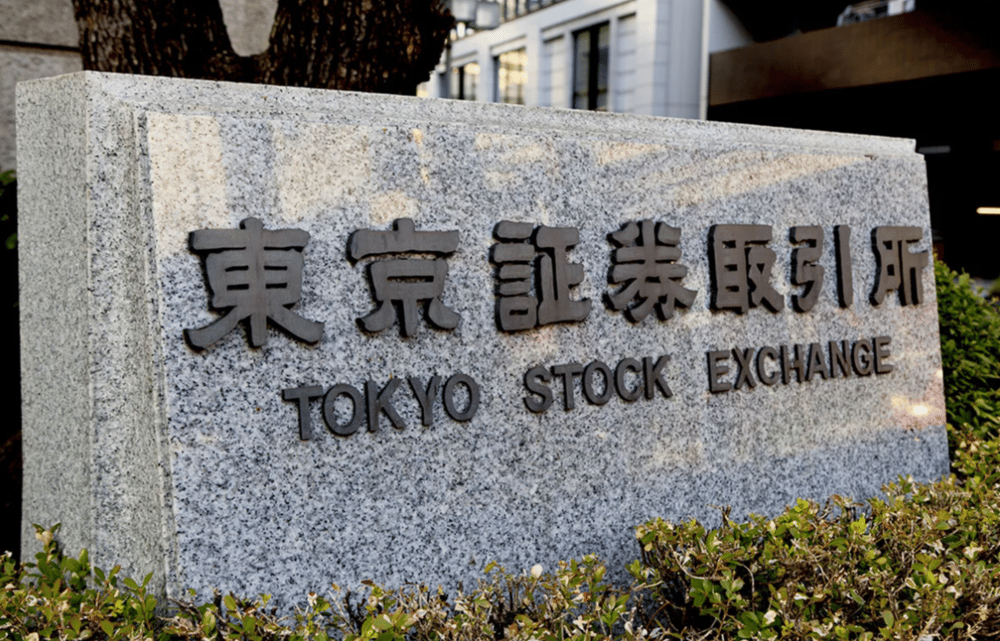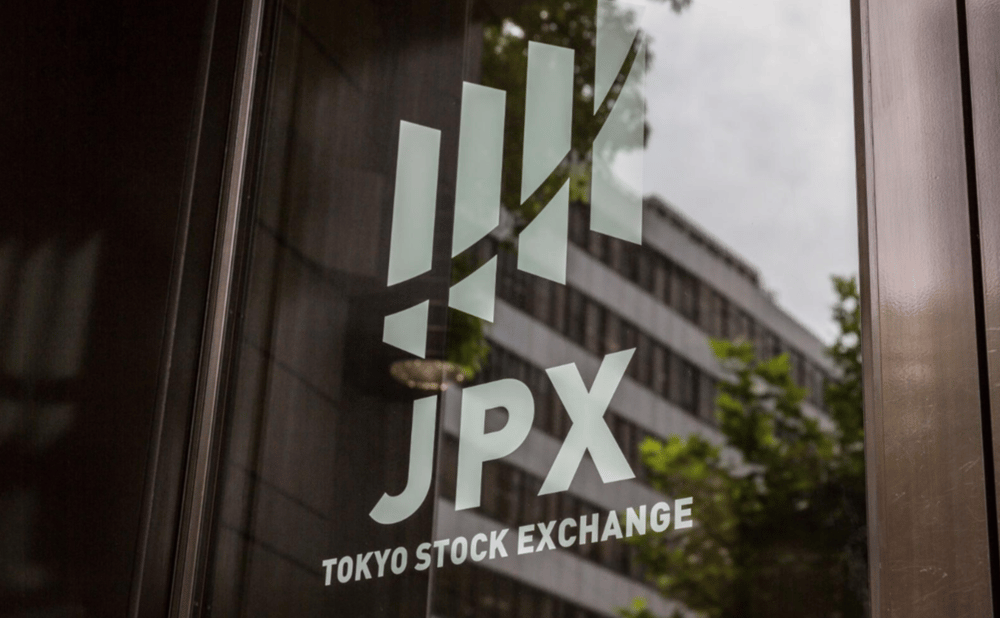SBI Shinsei Bank Eyes Tokyo Stock Exchange Relisting Amid Nikkei Rally
SBI Shinsei Bank, a subsidiary of SBI Holdings $8473.T, is preparing to relist on the Tokyo Stock Exchange (TSE), according to sources familiar with the matter. The filing, expected as early as next month, marks the bank’s strategic return to public markets following years of restructuring and integration under the umbrella of one of Japan’s largest fintech and financial conglomerates.
The prospective relisting comes at a time of heightened investor confidence in Japanese equities, with the Nikkei 225 Index $^N225 trading near historic highs. This environment has driven a resurgence in IPO activity, as firms seek to leverage favorable market sentiment and increasing foreign capital inflows.
SBI Shinsei targets TSE amid record-high Nikkei performance
The relisting would mark a major milestone for SBI Shinsei Bank, which was delisted after its acquisition by SBI Holdings in 2021. The move underscores growing optimism in Japan’s financial sector, buoyed by macroeconomic stability, ongoing corporate governance reforms, and a resurgence in equity valuations.
SBI Shinsei’s planned IPO would align with a broader trend of Japanese companies re-entering the public sphere, aiming to unlock shareholder value, boost transparency, and tap fresh capital. Analysts suggest that the bank’s return to the exchange could also strengthen SBI Holdings’ position in the domestic banking market, offering additional visibility and liquidity.

Quick Facts:
📅 Planned IPO timing: Filing expected next month; listing likely by year-end
💼 Parent company: SBI Holdings
🏦 Sector: Banking, Financial Services
📈 Market backdrop: Nikkei 225 trading near record levels
🔄 Strategic goal: Increase capital efficiency and market presence
💡 Recent trend: Multiple high-profile Japanese listings in 2024–2025
Investor sentiment, macro environment, and sector implications
The Tokyo Stock Exchange has seen renewed vibrancy over the past year, driven by strong earnings, corporate governance reforms, and policy support. This resurgence has attracted global investors, especially amid concerns over valuations in Western markets and China’s economic slowdown.
SBI Shinsei’s relisting could benefit from this momentum, particularly as financial sector stocks continue to outperform. Furthermore, it may signal a more assertive approach by SBI Holdings in unlocking portfolio value, as Japan's capital markets evolve in line with Prime Minister Fumio Kishida's "New Capitalism" framework emphasizing investment-driven growth.
Institutional investors are closely monitoring the potential offering. Should the listing be sized attractively and priced efficiently, it could serve as a bellwether for further activity among Japanese financial institutions, many of which are currently reassessing capital structures and public visibility.

Key Developments:
IPO Climate: Japan's IPO market has strengthened on the back of the Nikkei’s (.N225) rally and broader investor confidence.
Strategic Timing: SBI Shinsei’s move coincides with a favorable window for financial sector listings.
Parent Strategy: SBI Holdings may use the relisting to increase liquidity and corporate transparency within its group.
Market Reform Tailwinds: The TSE’s push for improved governance and capital efficiency aligns with Shinsei’s ambitions.
Broader Impact: A successful IPO could set the stage for more financial firms to enter or re-enter the public market.
SBI Shinsei Bank’s relisting signals deepening confidence in Japanese equities
SBI Shinsei Bank’s anticipated return to the Tokyo Stock Exchange reflects broader shifts in Japan’s capital markets—toward openness, efficiency, and global competitiveness. The move not only reaffirms investor appetite for financial sector exposure but also highlights the ongoing transformation of Japan’s corporate landscape under reformist policies.
As the Nikkei 225 flirts with record highs and foreign inflows accelerate, Shinsei’s IPO could emerge as a high-profile test of market depth and sentiment. If successful, the listing would not only reshape SBI Holdings' financial profile but may also encourage a new wave of capital market activity in Asia’s second-largest economy.















Comments
SBI Shinsei's return to the public market feels like a calculated comeback after years of strategic restructuring.
SBI Shinsei Bank’s TSE return feels like a fresh chapter in a dynamic fintech journey.